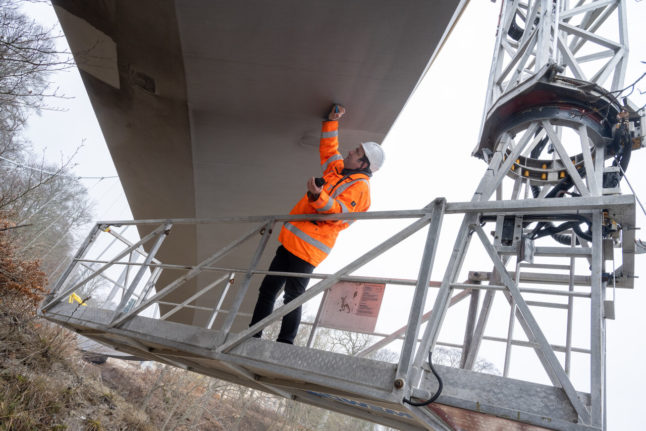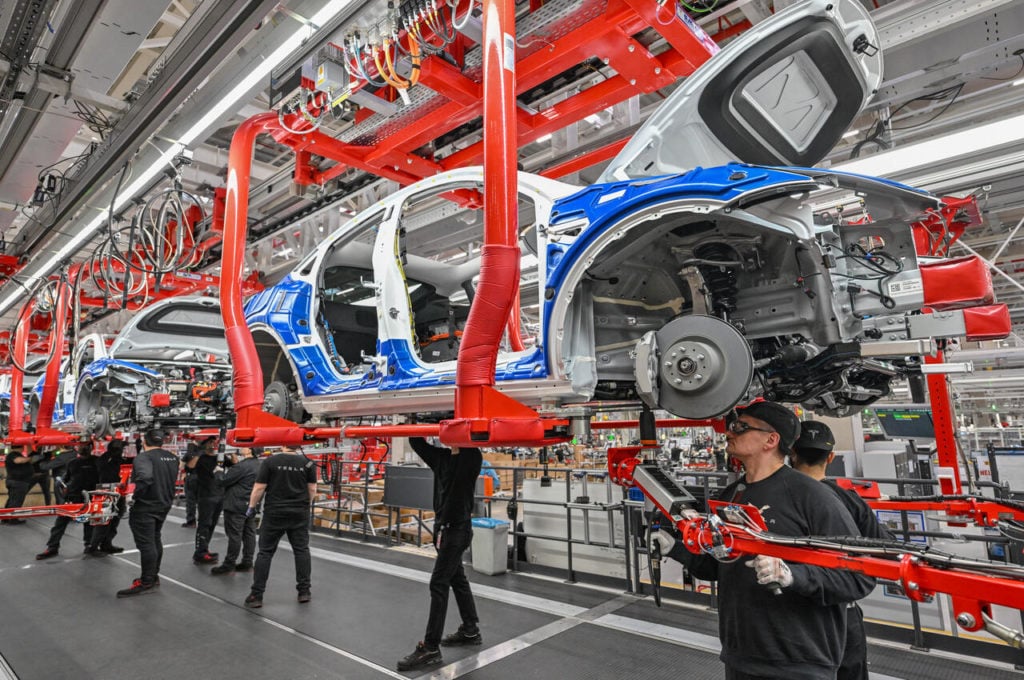English remains in demand on the French job market. Over the past 12 months, 14 percent of job ads published required applicants to speak English “correctly”. In the marketing sector, 26 percent of jobs included this stipulation, according to a study by Joblift, a jobs search engine.
The number of jobs open to non-Francophones rose by 8 percent over the year. Sales and account management positions accounted for the lion's share of these jobs. These were very much in the minority, though: only around 1,000 positions out of more than a million did not require knowledge of French.
German was the most sought-after language by recruiters, after French and English. German was twice as popular among companies as Spanish, and ten times more sought-after than Chinese.
The figures indicate that French school pupils may be making poor choices: only 15 percent currently choose German as their second foreign language, against 34 percent who choose Spanish. French trade with Germany was worth €170 billion in 2015, against €63 billion for trade with Spain.
The job market for French people in the UK remains buoyant, with a third of the 5,000 British jobs targeted at French speakers located in London. Demand for French speakers was lower in Germany, with only 800 vacancies for French speakers, half of those in Berlin. For two out of three of those jobs, knowledge of German was not required.




 Please whitelist us to continue reading.
Please whitelist us to continue reading.